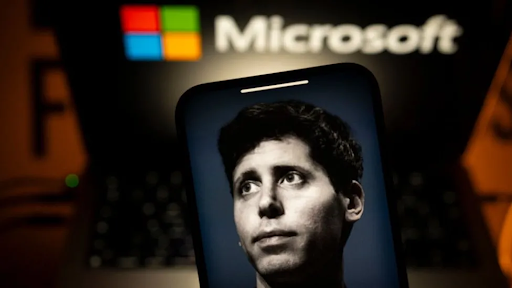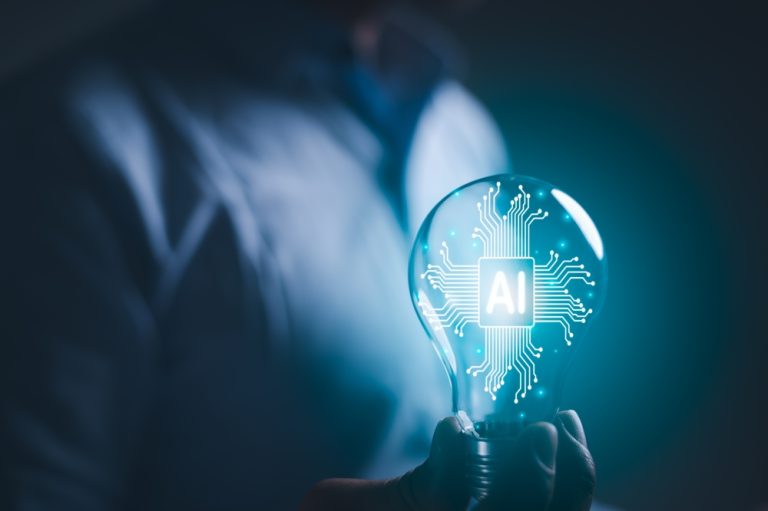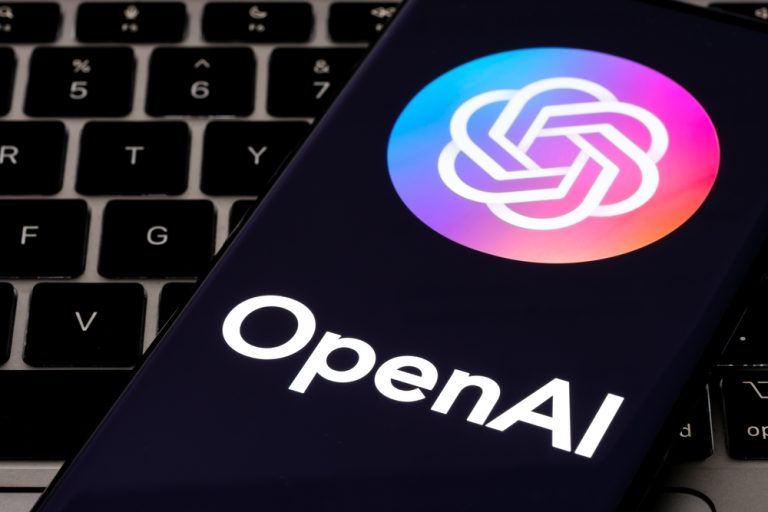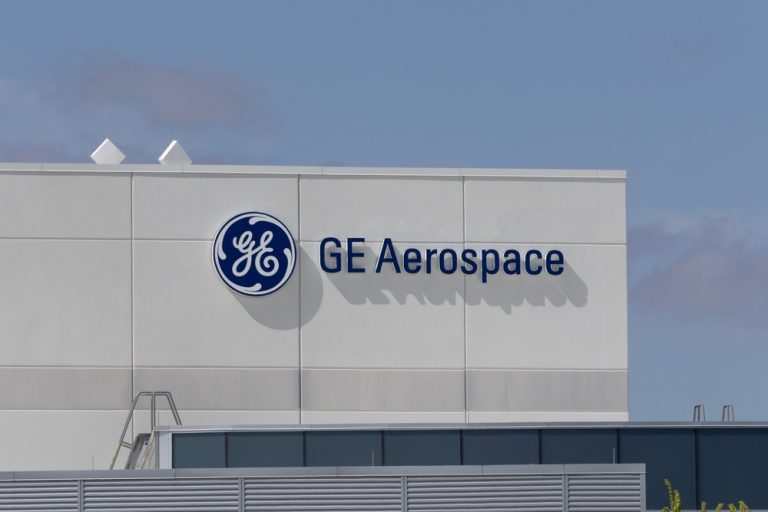The landscape of artificial intelligence (AI) and technological partnerships is witnessing significant scrutiny as the UK’s Competition and Markets Authority (CMA) gears up to examine Microsoft’s high-stakes partnership with OpenAI. This move, prompted by concerns over how the collaboration might reshape the AI market, comes amidst a backdrop of dramatic events at OpenAI, including the sudden firing and subsequent reinstatement of its CEO, Sam Altman. With AI development at a pivotal juncture, this examination raises crucial questions about the nature of corporate alliances and their influence on technological advancement and competition.
The CMA’s decision to investigate the partnership, often described as akin to a merger, underscores the growing significance of AI in the global market. Microsoft, known as OpenAI’s largest investor, insists on maintaining independence for both entities despite the recent turmoil at OpenAI, which created a whirlpool of speculation about its future and its relationship with Microsoft.
Last month’s upheaval began with the unexpected dismissal of Sam Altman, OpenAI’s figurehead and a pivotal figure in the development of ChatGPT. Microsoft’s offer to Altman to lead a new AI research team and his subsequent reinstatement following an employee appeal further spotlighted the intense competition and rapid pace in AI development. These events have cast doubts on OpenAI’s trajectory and raised questions about Microsoft’s role and its potential influence over the startup.
The CMA’s inquiry centers around whether Microsoft’s partnership equates to an “acquisition of control” and how this might impact competitive dynamics within the UK’s AI market. The watchdog actively seeks insights from third parties and is prepared to initiate a comprehensive probe if necessary.
Sorcha O’Carroll, a senior director at the CMA, emphasized that this preliminary call for comments is just the beginning of a more extensive information-gathering process. In response, Microsoft articulated that the partnership has spurred AI innovation and competition. Brad Smith, Vice Chair and President, clarified that Microsoft’s involvement is limited to a non-voting observer role on OpenAI’s board.
Meanwhile, Microsoft also addressed rumours of owning a stake in OpenAI, maintaining that details of the agreement, while confidential, do not constitute an ownership stake but include profit-sharing provisions.
OpenAI, for its part, views the partnership as a crucial support for its research ambitions, emphasizing its independent and competitive operations. Amidst these corporate narratives, the debate over the safety and progression of AI technology continues, with Brad Smith downplaying fears of AI surpassing human intelligence shortly.
The story of OpenAI’s recent turmoil, including the firing and reinstatement of Sam Altman, has brought to light various internal dynamics and strategic disagreements. A former board member, Helen Toner, cited a “lack of trust” in Altman’s leadership as a critical factor in his initial dismissal, highlighting tensions over the pace and direction of AI development.
The global tech community watches with bated breath as the CMA embarks on this exploratory phase. The outcome of this examination could not only redefine the contours of the Microsoft-OpenAI partnership but also set precedents for how similar collaborations are viewed and regulated in the rapidly evolving AI landscape. At the heart of this inquiry lies a broader question: How can we balance the pursuit of groundbreaking technology with ensuring fair competition and safeguarding the collective interests of humanity?
























+ There are no comments
Add yours